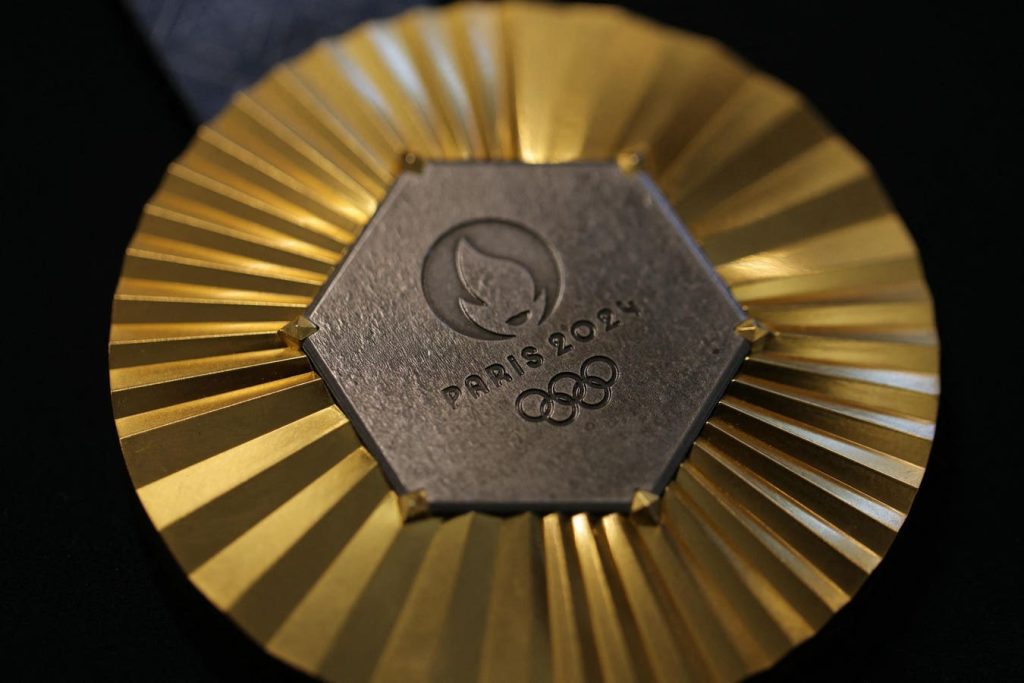World Athletics, the international governing body for track and field, cross country running, road running, race walking, mountain running, and ultra running, has announced a groundbreaking decision to reward gold medal winners at the Paris 2024 Games with prize money. This move marks the first time an international federation will offer prize money at an Olympic Games. The organization will distribute $2.4 million from the revenue share allocation it receives from the International Olympic Committee (IOC) to reward athletes across 48 track and field events, with each gold medalist receiving $50,000. Relay teams will also receive $50,000 to split among the team.
While the $50,000 awarded to gold medal winners at the Paris 2024 Games is less than the $70,000 awarded to champions at the World Athletics Championships, World Athletics has committed to extending tiered prizes to Olympic silver and bronze medal winners at the LA 2028 Games. This decision aligns with the organization’s pledge in 2015 to reinvest all IOC funds back into its sports. The introduction of prize money for Olympic gold medalists is seen as an extension of this initiative by empowering athletes and recognizing their critical role in the success of the Games, according to World Athletics President Sebastian Coe.
Of the 10,500 athletes competing at the Paris 2024 Games, around 20% will be participating in track and field events, highlighting the significant presence of World Athletics at the Games. Coe emphasized the importance of ensuring that some of the revenue generated by athletes at the Olympics is directly returned to them through prize money. While individual National Olympic Committees (NOCs) have the discretion to reward athletes with medal bonuses, World Athletics’ move to offer prize money could put pressure on other international federations to provide similar incentives to their athletes. This action has raised concerns about turning the Olympic Movement into a pay-for-play competition or benefiting only elite athletes with existing sponsorship deals.
Some NOCs offer substantial medal bonuses to their athletes, such as Hong Kong, which paid its gold medalists at the Beijing 2022 Games a significant sum of $642,000. Turkey also provides substantial rewards, offering the second-highest medal bonus at $383,000. World Athletics’ decision could potentially influence other international federations to follow suit and offer medal bonuses to their athletes. When asked about the rationale behind this move, Coe stated that he believes it is the right thing to do, and he is solely focused on the impact within World Athletics rather than external pressures from other organizations.
The move to introduce prize money for Olympic gold medalists at the Paris 2024 Games has garnered attention within the Olympic sports community. While some view this as a positive step towards recognizing the achievements of athletes, others raise concerns about the potential implications for the spirit of the Olympics. World Athletics’ decision may set a precedent for other international federations to consider offering similar incentives to their athletes, sparking dialogue within the Association of Summer Olympic International Federations (ASOIF) regarding revenue allocations from the Paris Games. As discussions continue, the focus remains on empowering athletes and reinforcing their contributions to the Olympic Movement.


